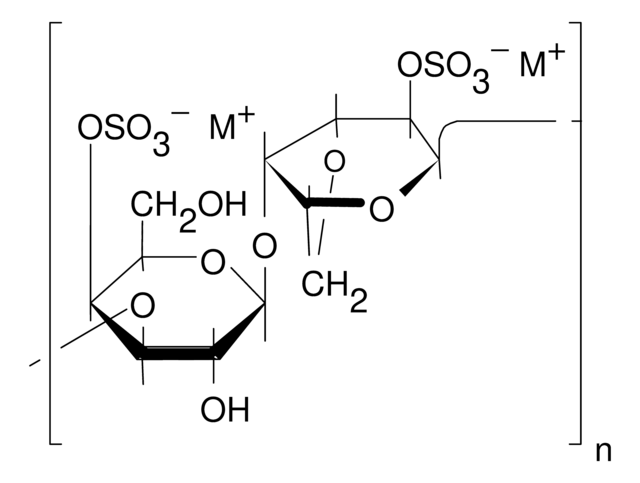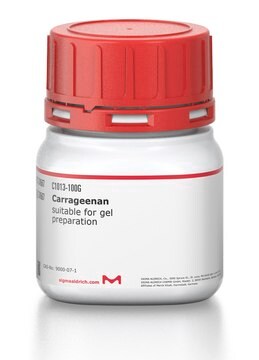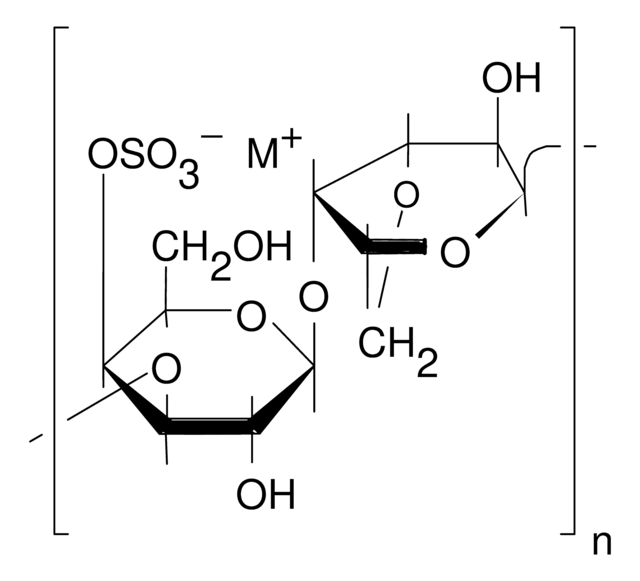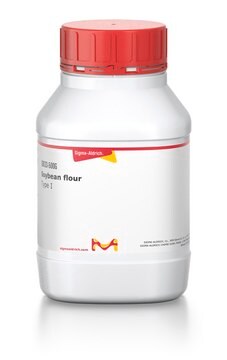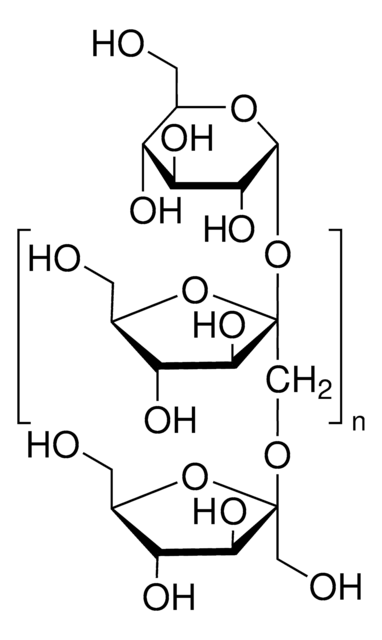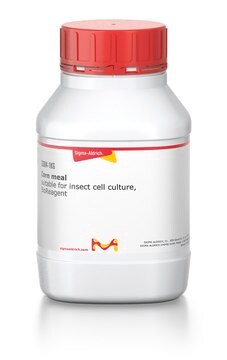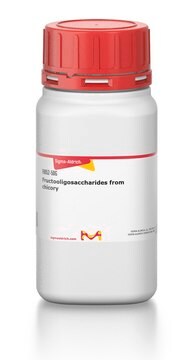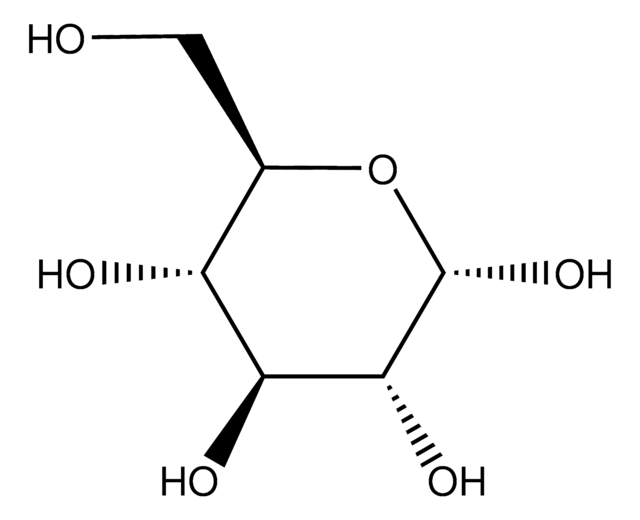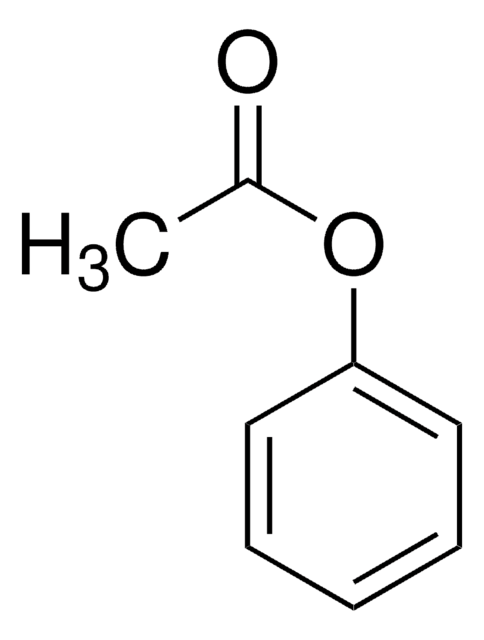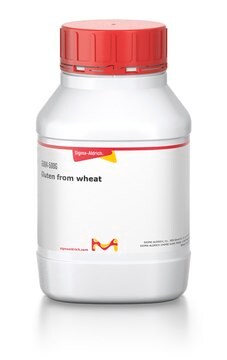Recommended Products
biological source
corn
Quality Level
form
suspension
technique(s)
microbiological culture: suitable
storage temp.
2-8°C
General description
Corn steep liquor, a by-product of the corn wet-milling industry consists of 50% water and several ingredients like, sugars and proteins. It is a viscous liquid by-product with a pH of 3.7 to 4.1.
Application
Corn steep liquor has been used:
- as a component in broth to act as indicator for starch utilizationas a component in fermentation medium, low-cost medium and in LB medium for the simultaneous saccharification and co-fermentation (SSCF) test
- as a component in fermentation medium for optimization studies
Corn steep liquor is useful as an inexpensive alternative to peptone for a wide variety of microbiological production methods, including fed-batch production of recombinant proteins in E. coli., high density culture of S. cerevisiae, and fermentative production of lactic acid.
Biochem/physiol Actions
Corn steep liquor can be used as a best alternative for yeast extract, as a nitrogen source in biochemical industries. The vitamins, minerals and nitrogen present in the liquor can be used for fermentation.
Other Notes
A viscous concentrate of corn solubles, rich in vitamins, amino acids, minerals and other growth stimulants. Contains approx. 50% (w/w) solids.
A viscous concentrate of corn solubles, rich in vitamins, amino acids, minerals and other growth stimulants. Contains approx. 50% (w/w).
Storage Class Code
10 - Combustible liquids
WGK
nwg
Flash Point(F)
Not applicable
Flash Point(C)
Not applicable
Personal Protective Equipment
dust mask type N95 (US), Eyeshields, Gloves
Choose from one of the most recent versions:
Already Own This Product?
Find documentation for the products that you have recently purchased in the Document Library.
Customers Also Viewed
Use of corn steep liquor as an economical nitrogen source for biosuccinic acid production by Actinobacillus succinogenes
IOP Conference Series: Earth and Environmental Science., 36(1), 012058-012058 (2016)
Livia Martinelli et al.
Extremophiles : life under extreme conditions, 21(4), 755-773 (2017-05-14)
Halophilic fungal strains isolated from historical wooden staircase in a salt mine in Austria, and from wall biofilm and soil of a cave in the Coastal Range of the hyperarid Atacama Desert in Chile were characterised and described newly as
Optimization of the associative growth of novel yoghurt cultures in the production of biomass, beta-galactosidase and lactic acid using response surface methodology
Tari C, et al.
International dairy journal, 19(4), 236-243 (2009)
Hyeong-U Son et al.
Experimental and therapeutic medicine, 6(4), 909-912 (2013-10-19)
The aim of this study was to investigate whether S-(-)-10,11-dihydroxyfarnesic acid methyl ester produced by cell subtype
The effect of temperature and Lactobacillus amylovorus and Lact. plantarum, applied at ensiling, on wheat silage
Weinberg ZG, et al.
Journal of Applied Microbiology, 84(3), 404-408 (1998)
Our team of scientists has experience in all areas of research including Life Science, Material Science, Chemical Synthesis, Chromatography, Analytical and many others.
Contact Technical Service